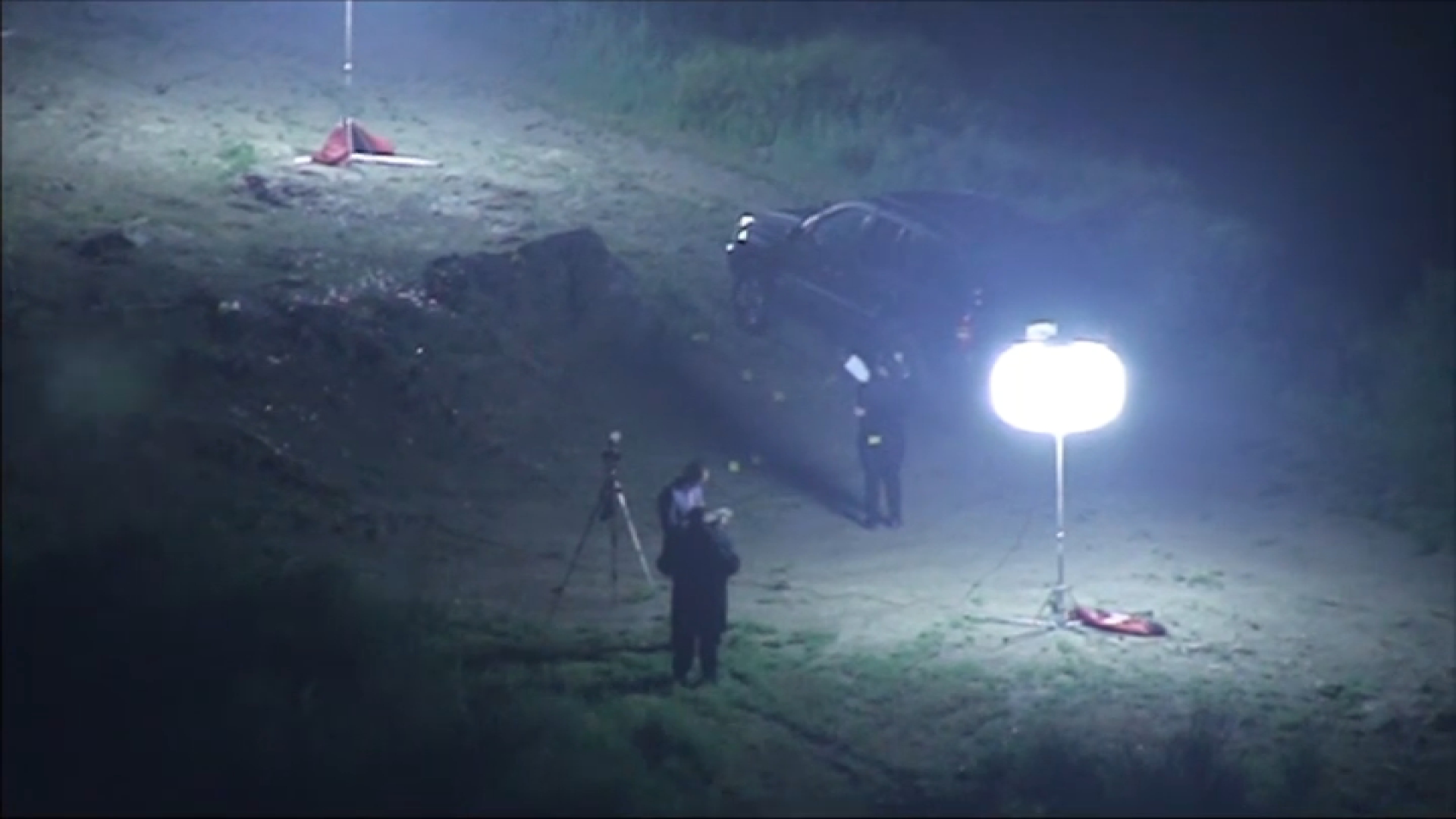A year after recreational marijuana became legal, cops and prosecutors are still dealing with the question: what is considered "legally impaired" when it comes to pot?
Point .08 is the limit for drunken driving but testing for marijuana and other drugs that could impair a driver is not as clear cut.
Specially trained drug recognition, or DRE officers like Brian Duncan look for clues and things that affect the body differently than alcohol.
And while there is not a "legal limit" for pot, Glendale police go one step further to check drivers.
NBC4’s I-Team went on patrol with officers using unique testing.
After a roadside evaluation of a driver, a nurse was called, blood was drawn, and the driver arrested.
If they're impaired then they go to jail, officers said.
Riding along with Glendale police several months back, the NBC4 I-Team showed you how Glendale is among some local agencies that have hired a private company, called Vital Medical Services.
They take a blood sample from a driver on the spot to determine if he or she has marijuana or THC, the chemical in marijuana, in his or her system. And time is critical.
“Seventy percent of active THC in the first hour dissipates,” said Alex Ghazalpour of Vital Medical Services.
Of the three drivers stopped during NBC4’s time with Glendale police, the company said the samples of two of the drivers tested positive, one for heroin and another for THC.
“When we stop the driver we want that level of intoxication,” Sgt. Craig Tweedy said.
The number of DUI drug cases reviewed by the LA County District Attorney’s office has more than tripled between 2017 to 2018, the I-Team has learned.
In Orange County, the sheriff’s lab shows the number of drivers killed who had only THC in their blood has more than doubled from 2016 to 2018.
Several recent studies indicate an increase of up to 6 percent in the number of highway crashes in states where recreational use of marijuana is now legal compared to states where the same use is illegal. But they could not say pot was the cause.
News
Top news of the day
These reviews did not include California, completing its first year of legalization
Cops on the street say they are seeing the impact.
“It's epidemic. I mean, it's off the charts,” Tweedy said.
The California DMV recently added a box on a form filled out with all DUI arrests, so police can now check whether they suspect alcohol, cannabis, or other drugs.
The idea is to be able to track the types of DUIs being reported across the state.
One of the studies reviewed says the focus should not be about just one specific drug or alcohol but about stopping impaired driving.



